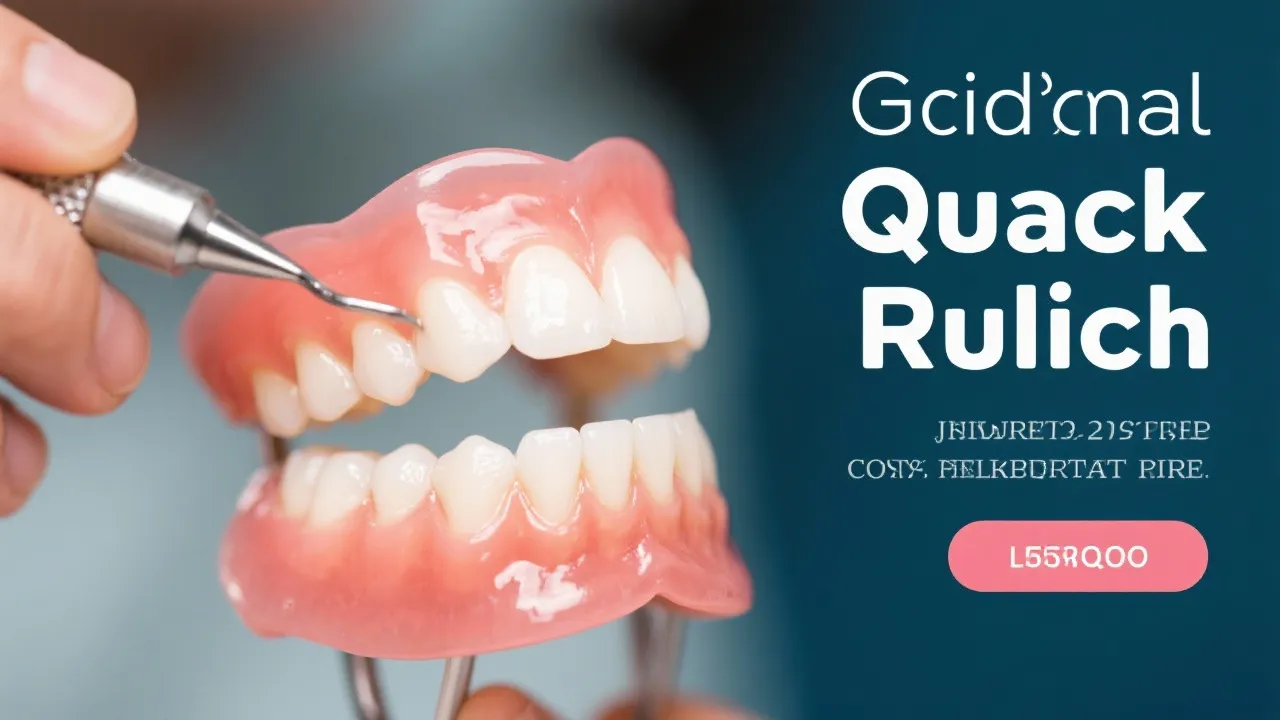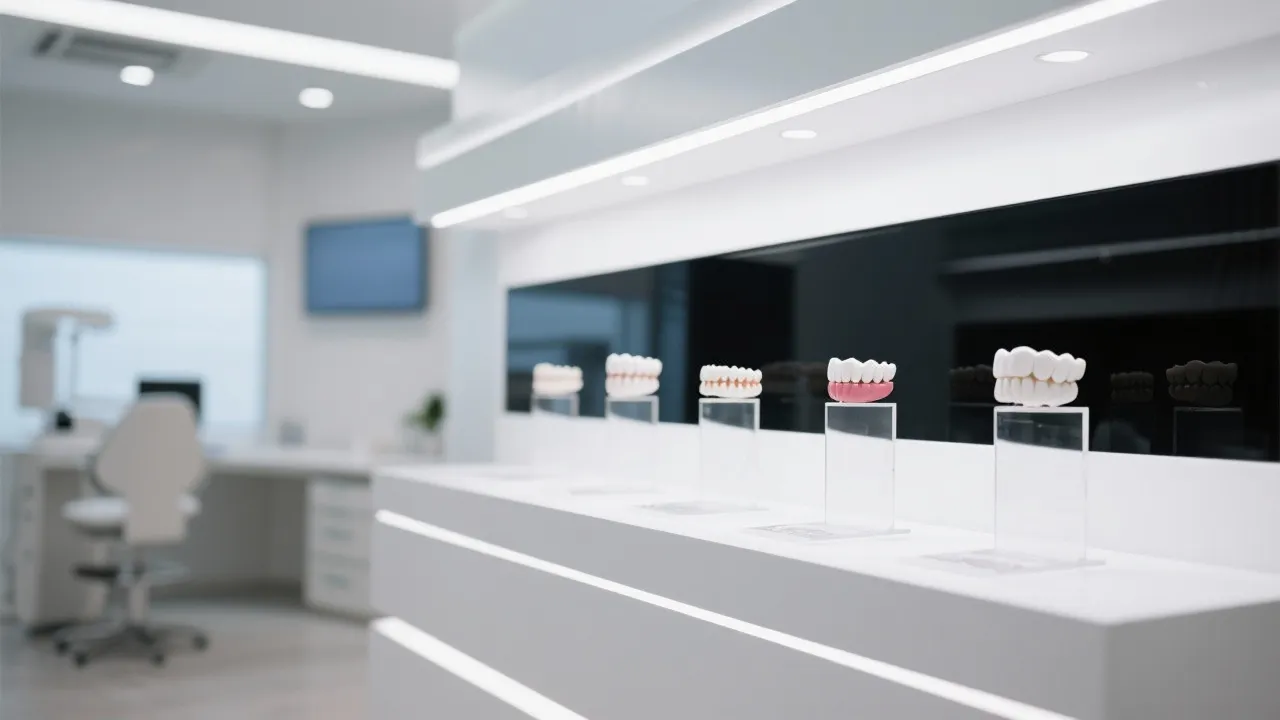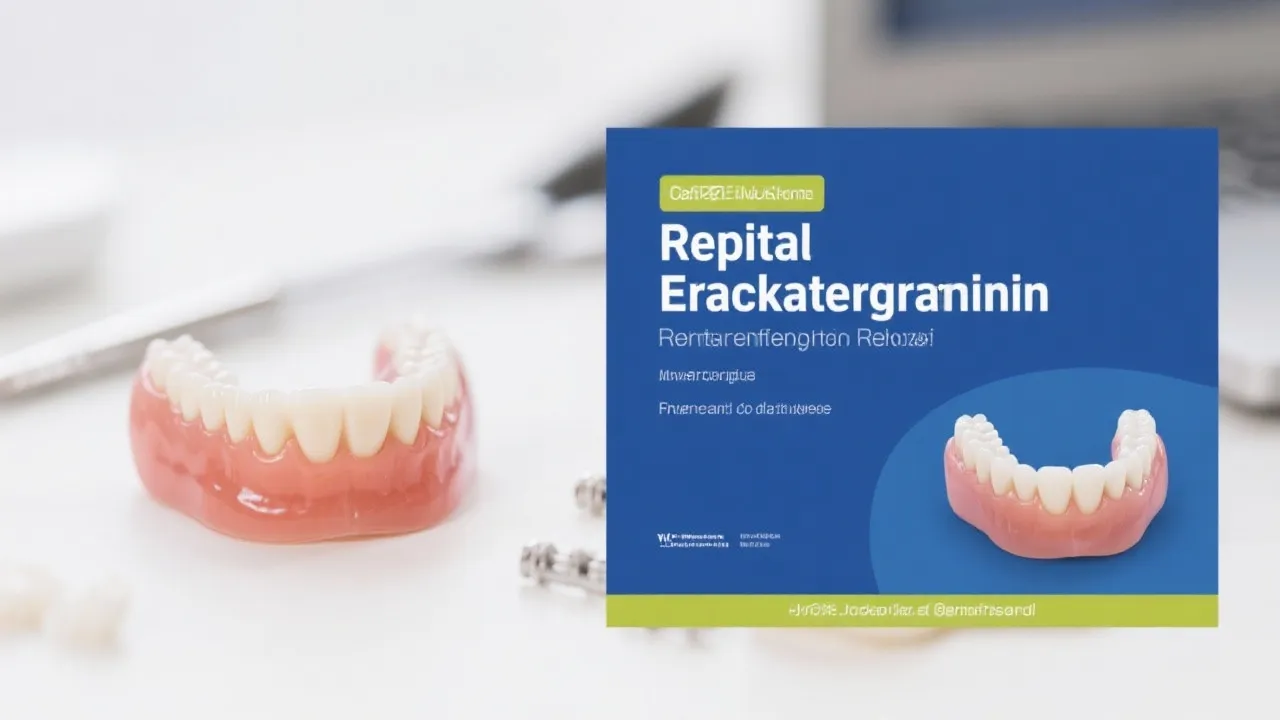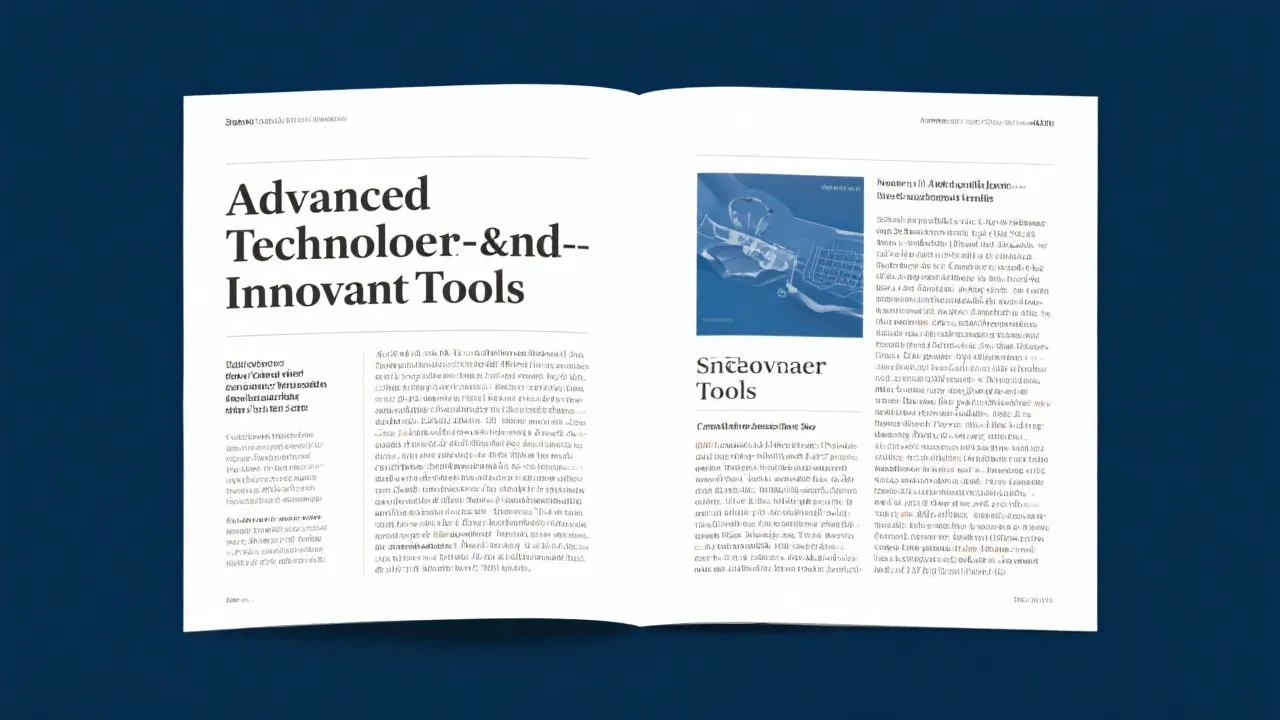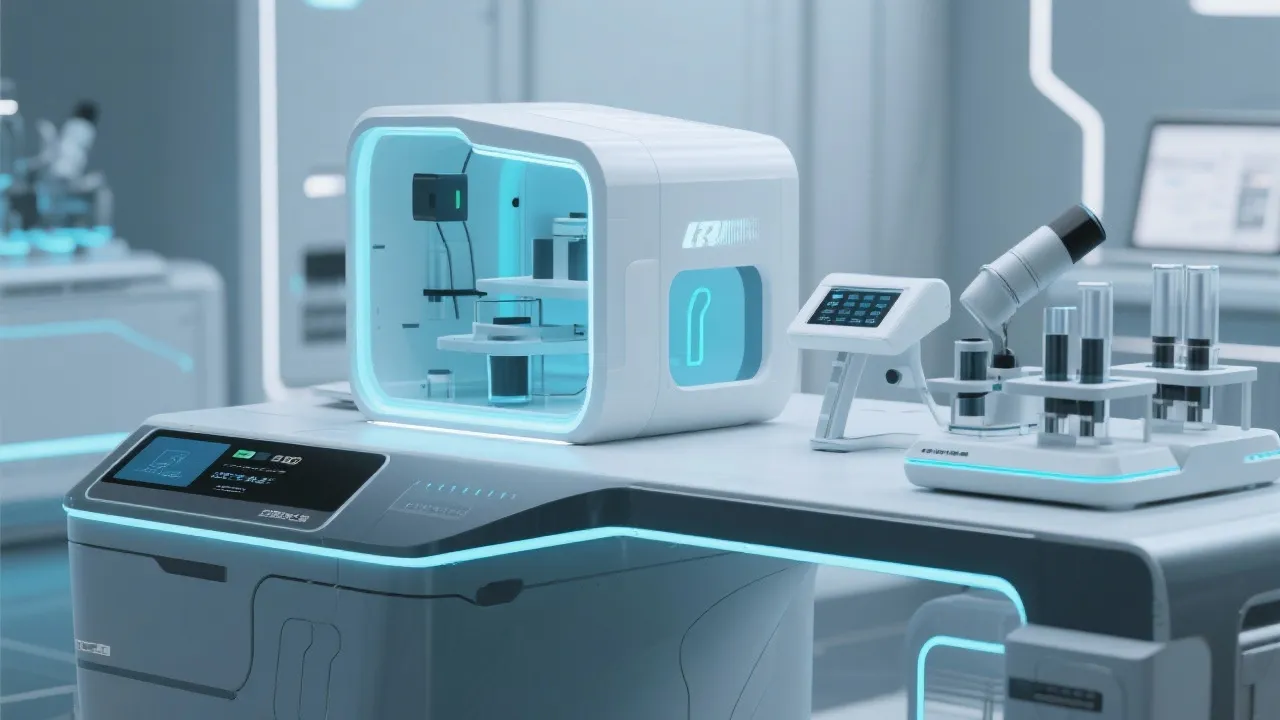The Revolutionary Breakthrough of Dental Implant Technology: Transforming the World of Restorative Dentistry
The emergence of dental implant technology has revolutionized restorative dentistry, offering vast improvements over older methods of tooth replacement. Dental implants enhance both the function and aesthetics of a patient's smile, bolstering chewing capabilities and self-assurance. This exploration delves into how dental implants are reshaping oral health and increasing patient satisfaction.
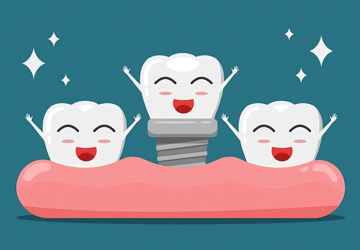
Implant dentistry introduces titanium tooth roots that are surgically embedded into the jawbone, serving as a base for replacement teeth. This innovative approach to addressing tooth loss stands out because it comprehensively solves multiple issues. The biocompatible nature of titanium encourages bone growth through osseointegration, providing stability that surpasses other dental prosthetics.
Dental implant development has increasingly incorporated both biological and engineering insights. Initial models prioritized functionality, but aesthetics later gained prominence. Current implants mimic natural teeth in appearance and performance, including gum contours and tooth alignment, for a flawless addition to a patient's teeth.
A key progression in this field is the use of computer-aided design for more precise implant placement. Advanced software and 3D imaging aid detailed planning and lower surgical risks. Dentists leverage these tools to assess jawbone condition, a critical factor for implant success.
Oral health benefits from implants extend beyond being mere tooth substitutes. They help preserve bone and facial structure and lay a foundation for additional dental procedures if necessary. Implants curtail the bone loss that typically accompanies tooth extraction, maintaining facial integrity.
Patients experience transformative advantages with dental implants. The stability afforded by these good fixtures eradicates the issues linked with removable dentures. Individuals can dine, converse, and socialize without concerns of shifting teeth. Furthermore, implants prevent the alteration of neighboring healthy teeth, unlike dental bridges.
Despite a high success rate, dental implants come with drawbacks, such as cost and bone density requirements. However, innovations like mini-implants and advancements in materials and surgical methods are making implants more accessible.
With ongoing research aiming to improve materials, reduce recovery times, and possibly incorporate stem cell technology, the future of dental implants seems bright. Non-metal alternatives and superior biocompatible surfaces could further advance patient outcomes.
In conclusion, dental implant technology has vastly influenced restorative dentistry, providing durable solutions for tooth loss. As materials and techniques evolve, dental professionals anticipate offering even more successful treatments. Implants not only restore tooth function but also markedly improve quality of life, highlighting their importance in contemporary dental care.


